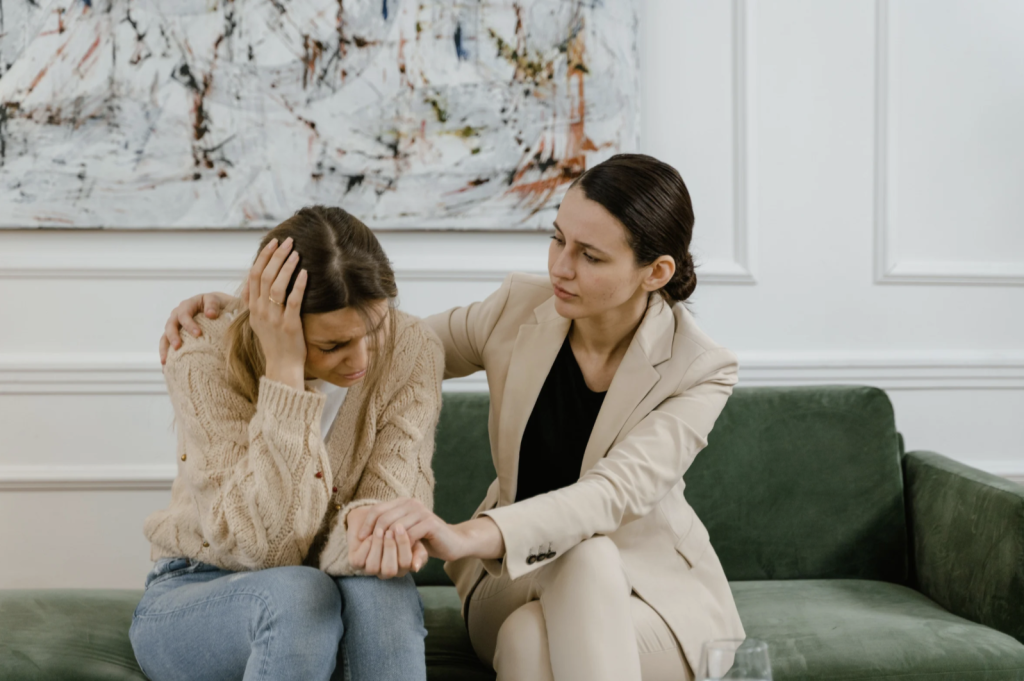Therapy in
Quinte West
Quinte West

We believe your pain matters, your story matters, and you deserve care that helps you heal from what you carry.
What We Offer in Quinte West
Many people expect to feel better right away after starting therapy, but real change doesn’t happen overnight. Healing takes time, and that’s okay. Therapy is a process.
Every time you talk, reflect, or learn something new about yourself, you are growing. These small steps may not seem like much at first, but over time, they can lead to big changes in how you think, feel, and handle life. Patience is part of the process, and it’s important to trust that your efforts are making a difference.
To support you through this, we use trusted methods like CBT, DBT, EMDR, and Mindfulness-Based Therapy to help you reduce anxiety, heal from trauma, improve relationships, and feel more like yourself again.
We’re proud to offer Trauma-Informed Therapy in Ontario, bringing compassionate, evidence-based care to individuals and families in Quinte West and surrounding communities.
How We Can Help You
One-on-One Therapy (Adults) — Get focused support to face anxiety, depression, trauma, or burnout. We help you understand your feelings and find tools that actually help.
Couples & Family Work — When conflict or disconnection hurts, we help rebuild trust, improve communication, and bring people closer.
Support for Kids & Teens — Young people deserve safe, caring therapy — to talk, to be heard, to grow. We work with families too.
Why Gowthorpe in Quinte West Is Different
Because when roads feel rocky, you need more than therapy — you need someone who understands and walks beside you.
We don’t rush. We go at your pace.
Your privacy matters deeply. What you share is safe.
We are deeply trauma-informed: we know what trauma does to the body, emotions, relationships.
You’ll be heard. You’ll be believed. You’ll be helped — not judged.
Flexible help: in person in Quinte West or online if that works better for you.


Who We Serve (Near You)
We are here for people in Quinte West and its neighbourhoods, including Trenton, Belleville, Brighton, Prince Edward County. Whether you’re coming into our office or using online sessions, we want you to feel supported and safe.
Ready When You Are
You’ve already shown strength by reading this. Let’s build on that strength together.
PHONE
(613) 392-4222
info@gowthorpetherapists.com
Fax
(613) 392-4223
OPEN HOURS
Monday - Friday 9 am 5 pm
Gowthorpe Therapists
421 Dundas Street W, Unit 3
Quinte West, Ontario
K8V 3S4
Telephone: 613 392 4222
Fax: 613 392 4223
email: info@gowthorpetherapists.com
